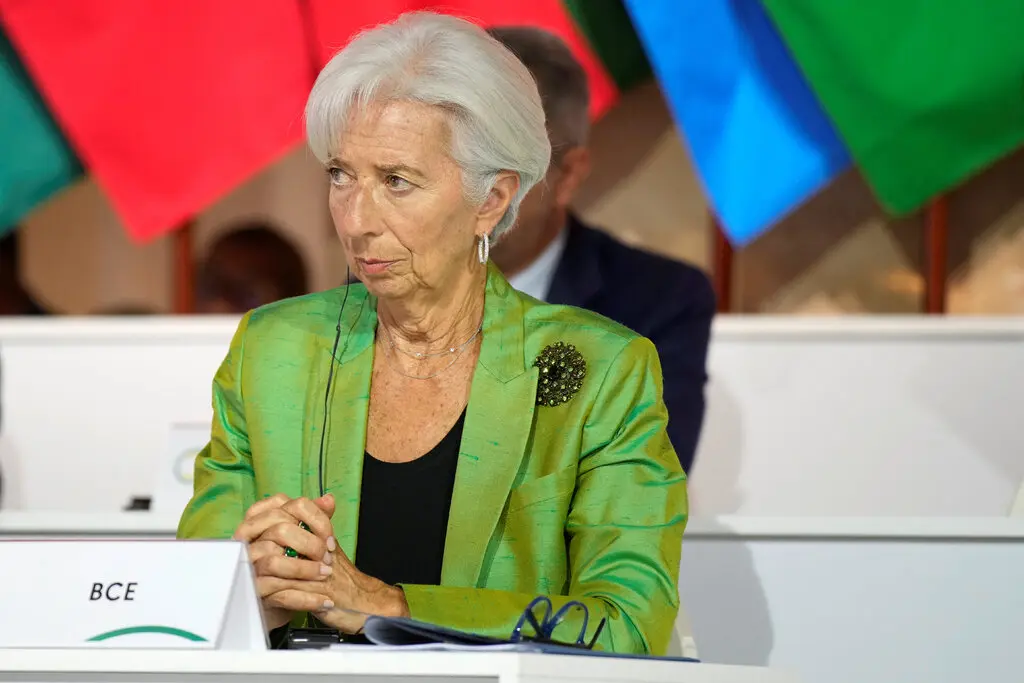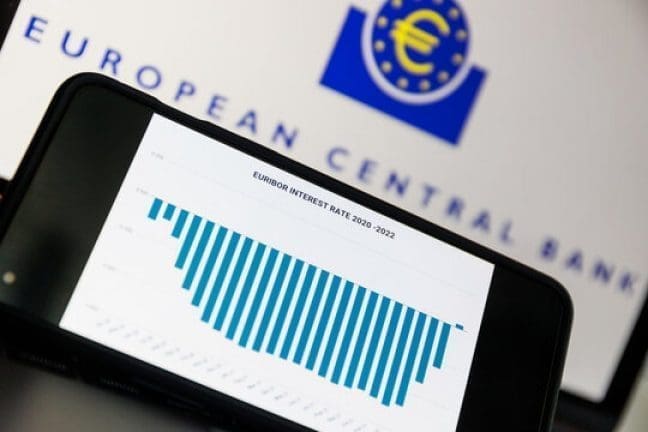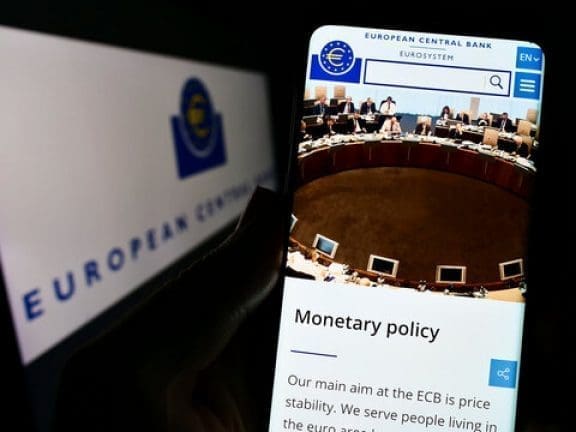The chiefs of the Federal Reserve, European Central Bank, and Bank of England stated that while inflation was moderating somewhat, more work remained.

Given the strength of labor markets, central bankers from the world’s leading economies stated on Wednesday that although they had raised interest rates significantly, additional increases would likely be required to rein in inflation.
“Although the policy is restrictive, it may not be restrictive enough, and it has not been restrictive for long enough,” said Jerome H. Powell, the chairman of the Federal Reserve.
Mr. Powell, speaking at the 10th annual conference of the European Central Bank in Sintra, Portugal, stated that the robust labor market “was pulling the economy” and was a primary reason why Fed officials anticipated two additional rate hikes this year.
As U.S. workers receive promotions and higher earnings, demand is bolstered, enabling the economy to expand and allowing businesses to continue to raise prices.
This month, the Federal Reserve ended a 10-meeting streak of rate hikes by maintaining the range of 5 percent to 5.25 percent. On Wednesday, however, Mr. Powell stated that the decision did not indicate the frequency of future adjustments. The June omission may not indicate that every-other-meeting rate increases are now the norm.
“The only decision we made at the June meeting was not to raise interest rates,” Mr. Powell said. I would not rule out relocating between consecutive meetings under any circumstances.
Christine Lagarde, president of the European Central Bank, and Andrew Bailey, governor of the Bank of England, both stated on the same panel that constrained labor markets in their respective economies were driving up wages and contributing to inflationary pressures.

“We still have ground to cover,” Ms. Lagarde said, reiterating that the European Central Bank, which raised interest rates by a quarter point in June, would likely do so again in July.
At a time of global inflation, central bankers from all over the globe, from Canada to South Africa, gathered in Sintra to deliberate monetary policy. Despite the fact that inflation has moderated somewhat in major economies such as the United States and Europe, policymakers spent the majority of the meeting discussing the risk of prematurely declaring victory, given the large amount of uncertainty surrounding some of the drivers of inflation, such as the opaqueness of the energy market and the question of how companies will respond to rising labor costs.
After a year or more of aggressively raising interest rates in the United States, Britain, and eurozone countries, the actions of central bankers have diverged significantly over the past month. The Federal Reserve left interest rates unchanged, the European Central Bank raised rates by a quarter-point and signaled further increases, and the Bank of England unexpectedly raised rates by a half-point.
The Bank of Japan has been an aberration by maintaining a very lax monetary policy stance despite the fact that Japan’s inflation has reached its greatest level in four decades.

The governor of the Bank of Japan, Kazuo Ueda, began his term in April. Mr. Ueda, speaking on the panel, stated that while the headline rate of inflation was above 3 percent, Japanese officials believed that fundamental measures of inflation were still slightly below the target of 2 percent. “This is why we are maintaining the status quo,” he explained.
In Europe and the United States, headline inflation rates have declined this year, but this has provided policymakers with only limited solace. They are all faced with the same difficulty: bringing inflation to the 2 percent objective despite indications that domestic inflationary pressures from wage growth in the services sector remain robust.
In the labor-intensive services sector in the United States, such as hotels, restaurants, and financial services, Mr. Powell stated, “we are not seeing much progress yet” on inflation. He added that officials must observe a further softening of labor market conditions. He does not anticipate core inflation to decline to 2% until 2025.
Mr. Powell emphasized that, as of their June meeting, many officials anticipated “two or more” additional rate hikes in 2023.
Ms. Lagarde stated on Wednesday that in the eurozone, “we are not seeing sufficient evidence that underlying inflation, particularly in domestic prices, is stabilizing and declining.” Therefore, policymakers want to ensure that they maintain restrictive interest rates long enough to ensure that inflation declines.
In Britain, “the issue is fundamental,” Mr. Bailey stated. The labor market has been “much stickier,” he added, in part because the labor force is still smaller than it was prior to the pandemic.
Mr. Bailey stated that investors anticipated that the bank would raise rates a few more times, but without rejecting or adopting these forecasts, he merely stated, “We will see.”
Core inflation measures, which exclude food and energy, and services inflation measures, which are significantly influenced by wage costs, remain uncomfortably high. Core inflation rose to 7.1% in the United Kingdom last month, while it was 5.3% in both the United States and the eurozone.
“Despite their differences,” said Frederik Ducrozet, head of macroeconomic research at Pictet Wealth Management, “they share the view that they are preparing for the next stage of the inflation process,” in which headline inflation is declining but core inflation is not as much.

In order to determine the efficacy of monetary policy, policymakers are also closely monitoring the rate at which the effects of higher interest rates are felt in their respective economies. Mr. Bailey stated that the transition from variable- to fixed-rate mortgages in the United Kingdom has delayed the transmission of monetary policy. He added, “History will not be a great guide.” Ms. Lagarde stated that a comparable but less uniform transition has also occurred in the eurozone.
The Bank for International Settlements recently cautioned that even as inflation rates decline, “the last mile may prove more difficult to traverse.”
As employees demand higher compensation to make up for lost purchasing power over the past year or two, inflation could prove to be more tenacious than anticipated. However, businesses may choose to pass these additional labor costs on to customers. “In this scenario, inflation could remain uncomfortably high,” the report from the bank stated. Ms. Lagarde reiterated this concern on Tuesday.
Mr. Powell and Ms. Lagarde both stated that it was feasible for them to eliminate inflation without triggering recessions, despite the fact that analysts are increasingly anticipating that their efforts will result in a recession.
“Our baseline does not include a recession,” Ms. Lagarde said. However, this is part of the peril out there.

